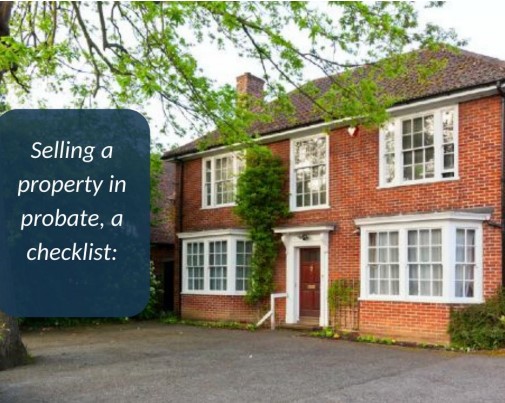‘The Bank of Mum and Dad’ is funding a quarter of all property purchases
Younger buyers are becoming increasingly dependent on their parents and relatives to help them buy a house – but the number of affluent parents capable of helping their offspring could start to decrease, as house prices continue to get higher.
Over the last 20 years, the widening gap between the increase in wages and property prices has become a prominent issue for many within the industry. While it has never been an uncommon practice for relatives and parents to help fund their offspring’s first foray into the property market, it was formerly often a gift of luxury as opposed to necessity.
As time has passed, however, more and more first-time buyers have come to rely on the ‘Bank of Mum and Dad’ to stand the slightest chance of buying their own home – and the situation is only due to get worse as newly-released statistics released by Legal & General and the Centre for Economics & Business Research have painted a desperate picture of the future for those looking to buy.
The report has revealed that parents will be pumping over £5 billion into the market this year alone in order to help their children purchase a house – and this is not simply a trend affecting first-time buyers, as 25% of all purchases by UK homebuyers now involve their parents, rising to 32% in London.
With the average ‘loan’ from parents totalling £17,500, the report has led many to conclude that property is no longer affordable without affluent parents or a high-paying career. Nevertheless, the largest issue facing the market is the likelihood of sustainability, as currently the majority of first-time buyers are the offspring of the baby-boomers – a wealthy generation who benefited from investing in cheap post-war new-build properties, the value of which has increased dramatically.
As the baby-boomers start to pass away, many property buying experts are doubtful that future parents will have the same financial reserves as previous generations, and as a result will be less able to help their children join the property ladder. And with the increase of prices versus wages, many young people are facing an uphill battle to buy a home and break the rent cycle.
“We have a supply-side problem in housing,” said L&G CEO Nigel Wilson. “We are simply not building enough houses. We need to build more, especially as the ‘Bank of Mum and Dad’ could soon start to experience a funding crisis of its own.”
The chances of reduced upward social mobility for those aged between 25 and 34 presents a potential problem for those looking to sell their home fast, with asking prices failing to be met and a consistently lower number of potential buyers willing to take the plunge. In spite of this, there is still the option of selling a home to a property buying company who pay cash for any house regardless of location or complications, speeding up the house-selling process.
Worried that younger buyers might struggle for funds to buy your house? Why not ask National Homebuyers for advice, as we buy any house. Call 08000 443 911 or request a call back to find out how much you could get for your property.





